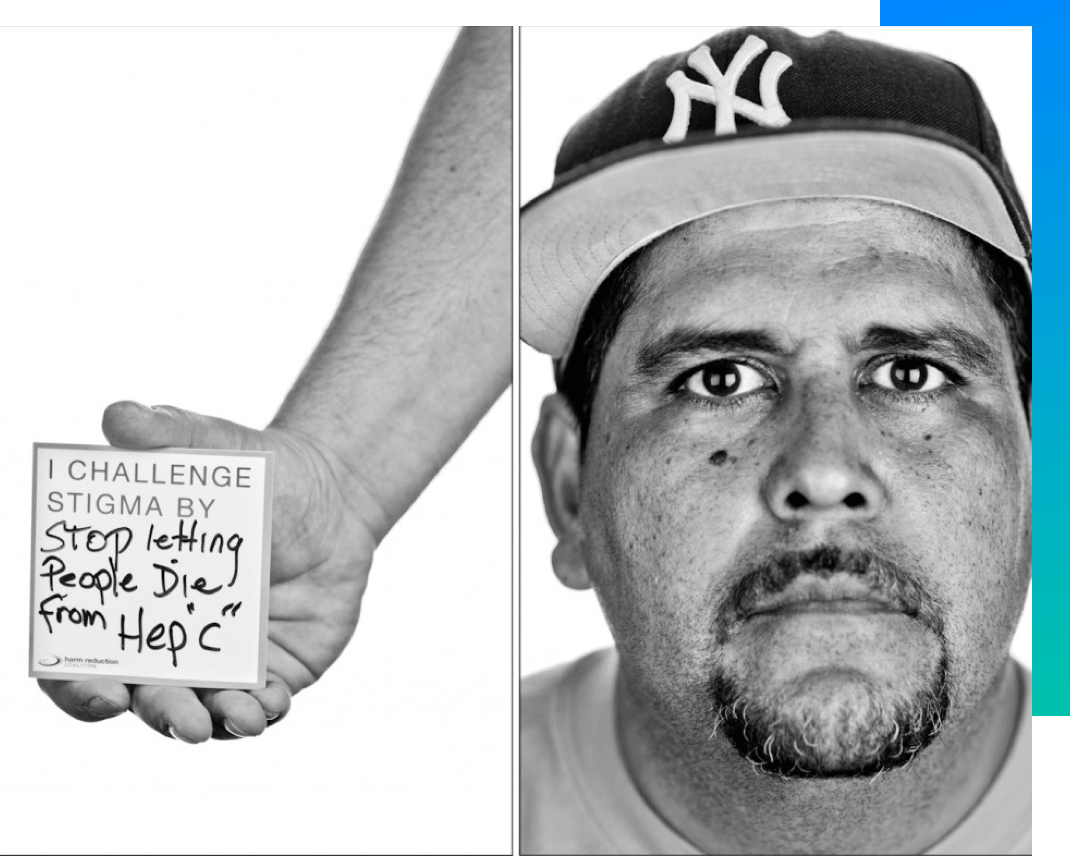Harm Reduction Issues
Hepatitis C
Hepatitis C (HCV) is a virus that affects the liver. It’s the most common blood-borne virus in the U.S. and affects roughly 2.5 million people according to the CDC. Shared syringes are one of the most common ways to spread this illness, putting people who use drugs at increased risk of contracting it.
Thanks to robust harm reduction services and advances in treatment, HCV is both preventable and curable. Harm Reduction is dedicated to demanding access to treatment for people regardless of insurance. These advocacy efforts are getting us closer to eliminating HCV.

Hepatitis C and Drug Use
Safer drug use is about lessening the risk of adverse outcomes from using drugs such as becoming infected with HCV. There are many reasons someone may be using drugs – and there are other factors besides just drug use itself that can put people in harm’s way. This is why we provide resources to contextualize drug use, why people use drugs, and ways to make it safer depending on your situation.
Understand More About Hepatitis A, B & C In This Guide
More than 60% of all new HCV patients report injection drug use as their risk factor.
Approximately one-third of young people who inject drugs are infected with HCV.
70-90% of older people who inject drugs (presently or formerly) are infected with HCV.
Hepatitis C Prevention Means Using Safe Supplies
Sharing syringes is the most common way to transmit HCV. Access to sterile syringes and supplies reduces the risk of contracting HCV from injecting drugs. There are over 400 syringe service programs (SSPs) in the U.S.
Responding to the Rise of HCV in Greater Appalachia
The HepConnect Initiative is combating the rise of HCV infections. This regional initiative focuses on the intersection of hepatitis C and drug use in five key states: Indiana, Kentucky, North Carolina, Tennessee, and West Virginia.
It represents the largest funding for harm reduction programs in U.S. history.
Syringe Service Programs Reduce the Spread of HCV
The CDC recommends syringe service programs (SSPs) and other harm reduction strategies as effective solutions to reduce the transmission of HCV. Learn what your SSP can do to support people who use drugs and are living with hepatitis C.
Hepatitis C Prevention Means Being Informed on Safer Drug Use
No one knows what’s best for you better than you. Whatever drugs you use, we want you to be safe and healthy. Here are some guides we’ve put together to help you make safe choices.
